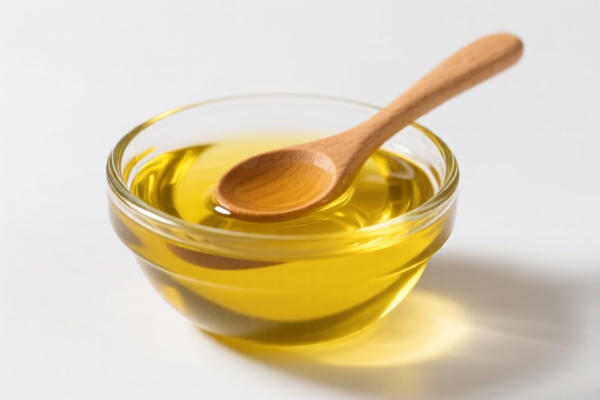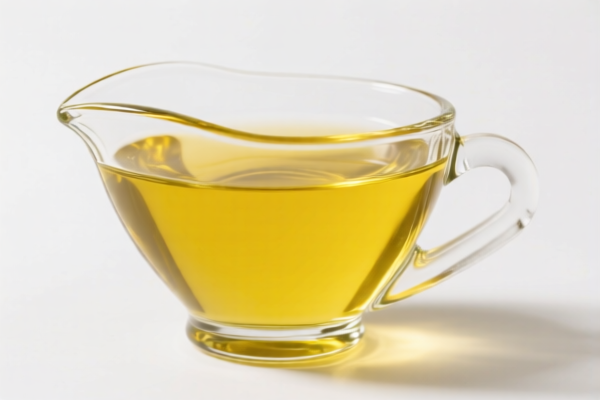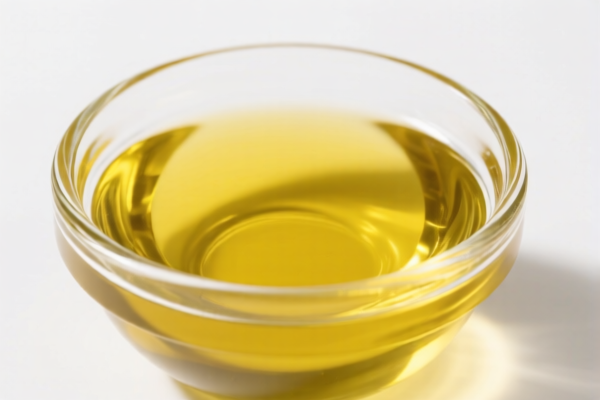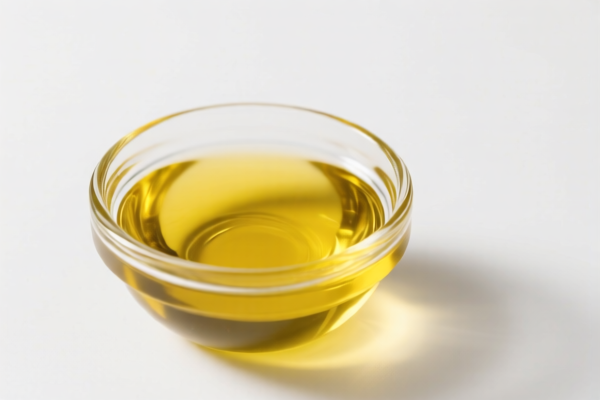| HS Code | Official Doc | Tariff Rate | Origin | Destination | Effective Date |
|---|---|---|---|---|---|
| 1515902100 | Doc | 37.5% | CN | US | 2025-05-12 |
| 1515908190 | Doc | 40.7% | CN | US | 2025-05-12 |
| 1516100000 | Doc | 7¢/kg+37.5% | CN | US | 2025-05-12 |
| 1516300000 | Doc | 8.8¢/kg+37.5% | CN | US | 2025-05-12 |
| 3823194000 | Doc | 40.7% | CN | US | 2025-05-12 |
| 3823704000 | Doc | 39.5% | CN | US | 2025-05-12 |
| 3824994140 | Doc | 59.6% | CN | US | 2025-05-12 |




Batana Oil
Batana oil is a natural oil extracted from the nuts of the Attalea speciosa palm tree, native to the Amazon rainforest, primarily in Brazil, Colombia, and Peru. It has a long history of traditional use by indigenous communities.
Material & Composition:
The oil is rich in oleic acid, linoleic acid, palmitic acid, and various carotenoids, providing its characteristic reddish-orange color. It also contains Vitamin E and other antioxidants. The oil’s composition can vary slightly depending on the specific region and processing methods.
Purpose & Traditional Uses:
Historically, Batana oil has been used for a wide range of purposes, including:
- Hair Care: Strengthening, moisturizing, promoting growth, and reducing breakage. It’s believed to stimulate hair follicles.
- Skin Care: Reducing wrinkles, scars, and stretch marks; improving skin elasticity; and providing sun protection.
- Massage: Used as a carrier oil for massage, believed to have anti-inflammatory properties and to soothe muscle aches.
- Traditional Medicine: Employed for wound healing, arthritis relief, and as a general tonic.
- Culinary Use: Though less common, it can be used in cooking, similar to other vegetable oils, providing a unique flavor.
Function:
The oil’s primary functions stem from its emollient, antioxidant, and potentially anti-inflammatory properties. It works by:
- Moisturizing: Forming a protective barrier on the skin and hair to prevent water loss.
- Nourishing: Providing essential fatty acids and vitamins.
- Protecting: Antioxidants help protect against free radical damage.
- Stimulating: Believed to stimulate blood circulation in the scalp, promoting hair growth.
Usage Scenarios:
- Hair Treatment: Applied directly to the scalp and hair as a pre-wash treatment, left on for a period of time (typically 30 minutes to overnight) before shampooing. Also used as a leave-in conditioner in small amounts.
- Skin Moisturizer: Applied directly to the skin, often after showering.
- Massage Oil: Used alone or blended with other essential oils.
- DIY Cosmetic Products: Incorporated into homemade lotions, creams, and balms.
Common Types & Forms:
- Pure Batana Oil: The most common form, extracted directly from the nut kernel. Color can vary from reddish-orange to a deeper amber.
- Batana Butter: A semi-solid form created by partially hydrogenating the oil. Provides a thicker consistency.
- Batana Oil Blends: Often combined with other oils like coconut oil, jojoba oil, or essential oils for enhanced benefits and fragrance.
- Batana Hair Products: Shampoos, conditioners, and hair masks containing Batana oil as a key ingredient.
"2pc" indication:
The "2pc" likely refers to a package containing two units of Batana oil, typically bottles or containers of the oil. The size of each unit is not specified by this notation.
Batana oil, understood as a fixed vegetable oil, falls under several potential classifications based on the provided information. Here's a breakdown of relevant HS codes:
- 1515902100: This code covers “Other fixed vegetable or microbial fats and oils (including jojoba oil) and their fractions, whether or not refined, but not chemically modified: Other: Nut oils”. Since batana oil is derived from the batana nut, this is a strong possibility. The tax rate is a base tariff of 0.0%, a surcharge of 7.5%, and a surcharge of 30.0% after April 2, 2025, resulting in a total tariff of 37.5%.
- 1515908190: This code covers “Other fixed vegetable or microbial fats and oils (including jojoba oil) and their fractions, whether or not refined, but not chemically modified: Other: Other Other”. This is a broader classification for vegetable oils not specifically categorized elsewhere. The tax rate is a base tariff of 3.2%, a surcharge of 7.5%, and a surcharge of 30.0% after April 2, 2025, resulting in a total tariff of 40.7%.
- 3824994140: This code covers “Prepared binders for foundry molds or cores; chemical products and preparations of the chemical or allied industries (including those consisting of mixtures of natural products), not elsewhere specified or included: Other: Other: Other: Fatty substances of animal or vegetable origin and mixtures thereof Mixtures of fatty acid esters”. If the batana oil is being used as a component in a chemical preparation or mixture, this code may apply. The tax rate is a base tariff of 4.6%, a surcharge of 25.0%, and a surcharge of 30.0% after April 2, 2025, resulting in a total tariff of 59.6%.
Regarding HS code 1515902100 and 1515908190, it is important to determine if the oil is refined or chemically modified, as this impacts the correct classification. If the oil is used in a chemical preparation, HS code 3824994140 should be considered.
Customer Reviews
No reviews yet.